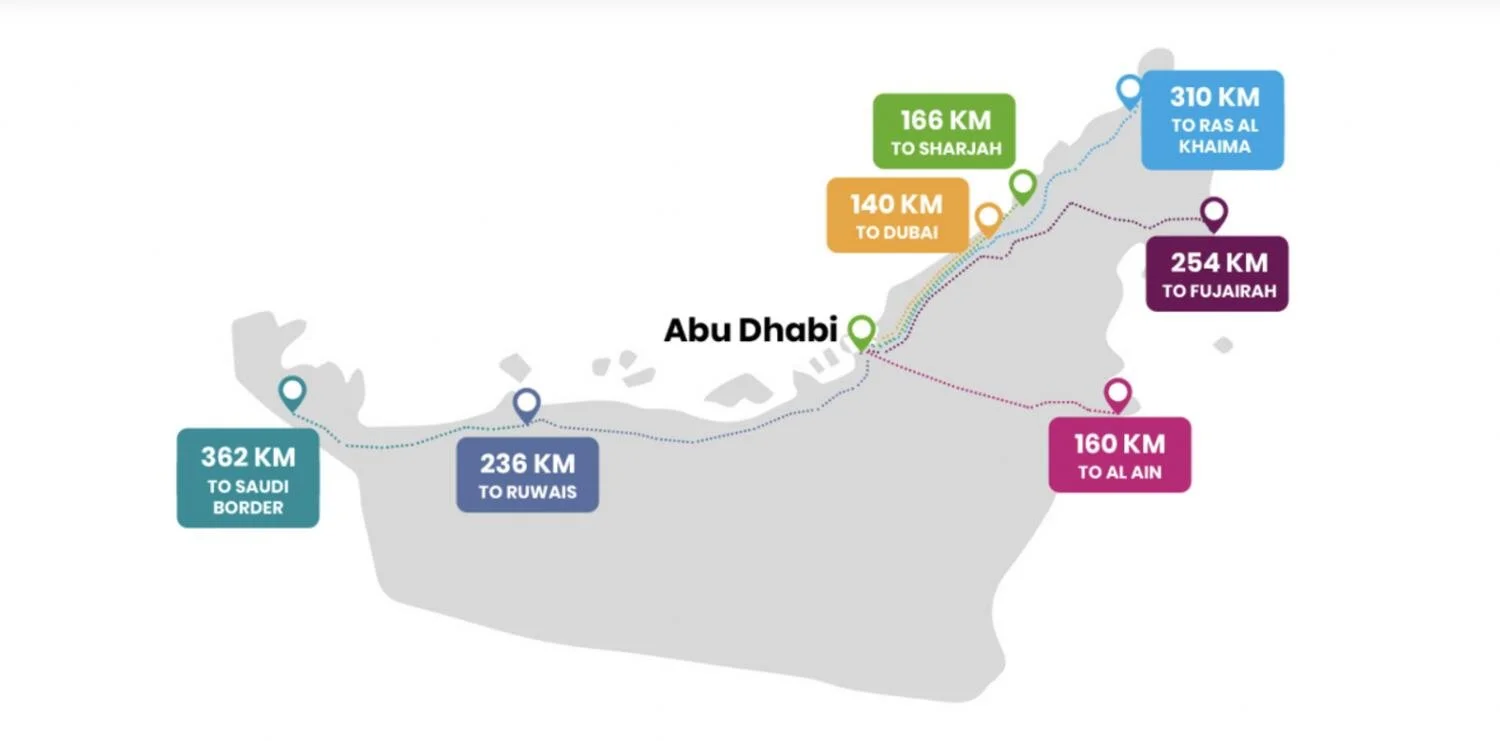Dubai: Planning to buy electric vehicles? Loans, insurance, charging points; all you need to know
Several brands of EVs are available in UAE, including Tesla, BMW, Kia, Renault, Hyundai, Porsche and the locally produced car Damani.
Amid rising fuel prices, there has been a lot of discussion about electric vehicles. So what is an electric vehicle (EV)? An EV uses an electric motor for propulsion instead of a conventional vehicle, which operates using a diesel or gasoline motor.
EVs have several benefits, including promoting improved air quality, decreasing noise pollution, decreasing dependency on fossil fuels, and reducing greenhouse gas emissions. According to the figures released by Dubai Electricity and Water Authority (Dewa) earlier this year, the number of registered electric vehicles increased from 71 on December 31, 2015, to 5,107 on January 31, 2022.
Here’s everything you need to know before diving into the EV world.
Loans
According to information listed on the Dubai EV Community Hub website, the following bank loan offers are available to purchase electric vehicles.
Emirates NBD offers green auto loans with the following offers:
0.50% discount on reducing interest rate
0.25% discount on flat interest rate
HSBC offers green car loans with the following offer:
50% arrangement fee discount
0.25% rate discount on applicable interest rate
National Bank of Fujairah offers green auto loans with low-interest rates starting from 2.2% per annum.
Insurance
According to the Dubai EV Community Hub website, a “variety of insurance companies” in the UAE have introduced plans for electric vehicles.
Buying
Although Tesla has been the brand most associated with electric cars, several brands of electric vehicles are available in the UAE. BMW, Kia, Renault, Hyundai and Porsche and the first locally produced car Damani are among the several brands of electric vehicles available on the market.
A list of upcoming cars, models, and details is available on the Dubai EV Community Hub website. EV enthusiasts can also find a list of available new and used EV cars are also published on the EV labs website.
Registration
EV car owners can register for a Dewa EV account on the website or the app using their Dewa ID number or UAE Pass. A security deposit of Dh500 has to be paid for registration. Registered users will be issued EV Green Charger Card, which will be delivered, for a fee of Dh20 within three working days.
Is inter-emirate travel possible in EVs?
Several UAE residents successfully make inter-emirate travels in their EVs, with some doing it daily. According to a graphic shared on the Dubai EV Community Hub website, most “electric vehicle models available in the UAE are easily able to accommodate inter-emirate travel when combined with the use of public charging stations.”
Charging points
Most public EV charging stations in the UAE have been installed by the local electricity utilities such as Dubai Electricity and Water Authority (DEWA) and the federal electricity utility Etihad Water and Electricity. A full list of charging stations is available on the Dubai EV Community Hub website.
Different types of chargers
Wall Box Charger (22 KW AC, with single type 2 socket): This provides a full charge in 2 to
4 hours, depending on the type of car and battery capacity.
Public Charger (2x 22 kw ac, with double type 2 socket): Provides full charge in 2 to 4 hours, depending on the type of car and battery capacity.
Fast Charger (43 kW AC with Type 2 Socket, 50 kW DC ChadeMO and Combo CCS Sockets): Provides an 80% charge within 20 to 45 minutes depending on the type of car and battery capacity. Most of these are installed at petrol stations.
Ultrafast Charger (150 kW DC with ChadeMO and combo CCS sockets): The charging duration is dependent on the type of car and battery capacity
Payments
The EV Green Charger Card can then be used to charge at any public charging station. Users can start charging within an hour of completing the process by either scanning the card or scanning the QR code on the charger. Once the car has been charged, a user can make payments on the app or have the amount added to the Dewa bill at the end of the month.

